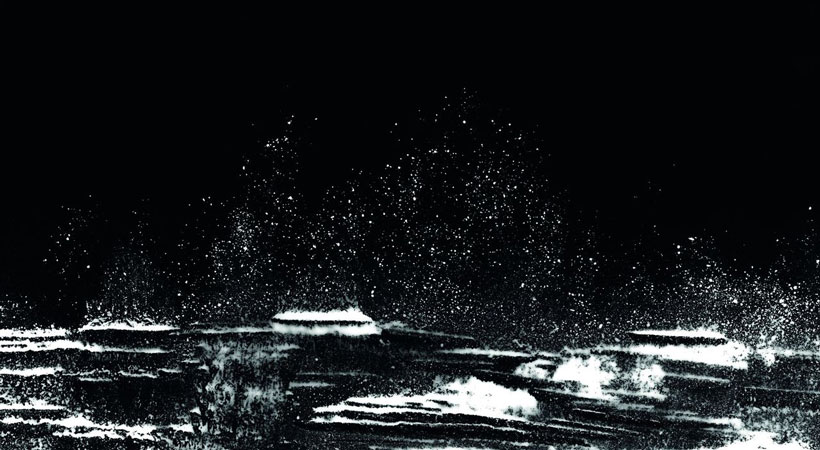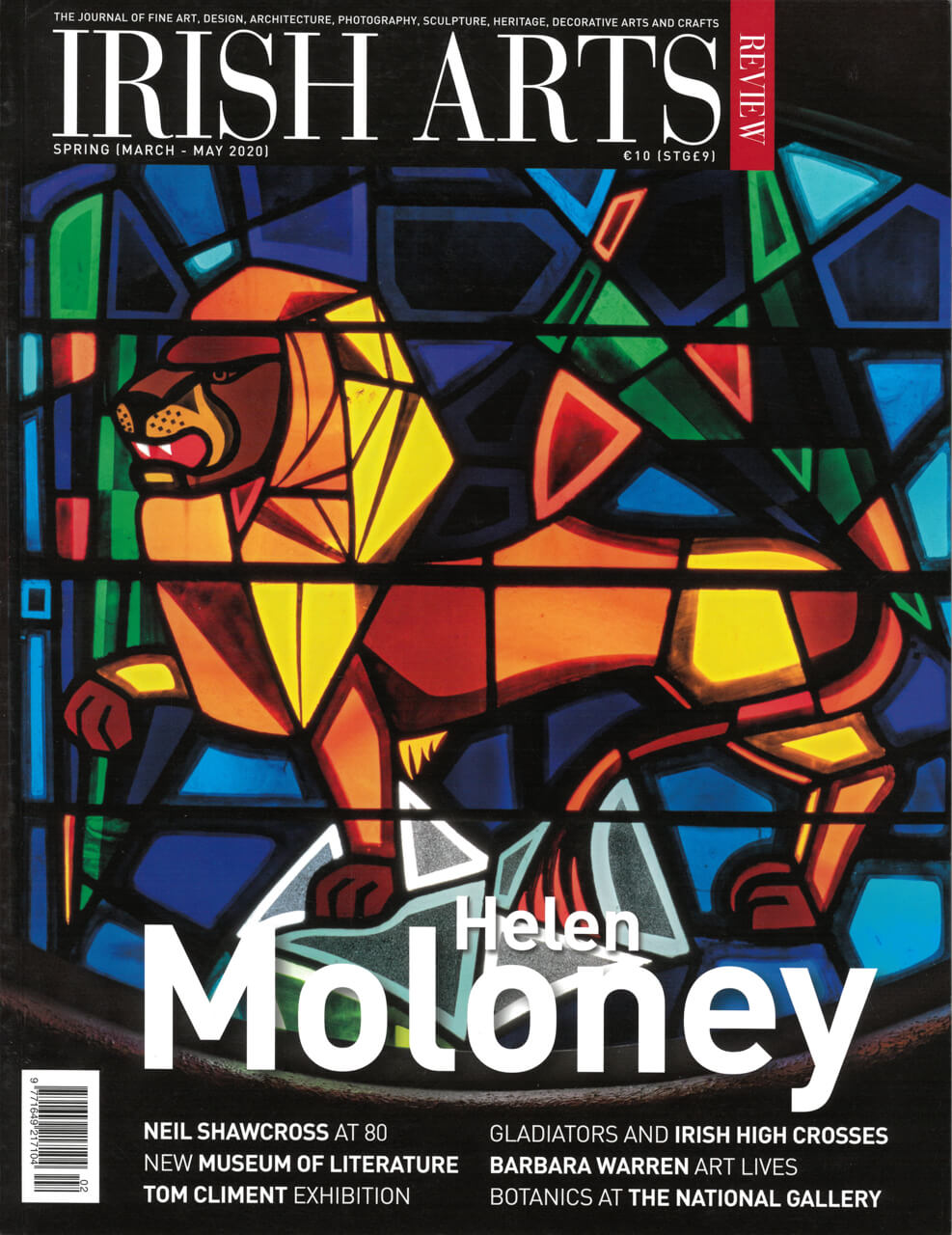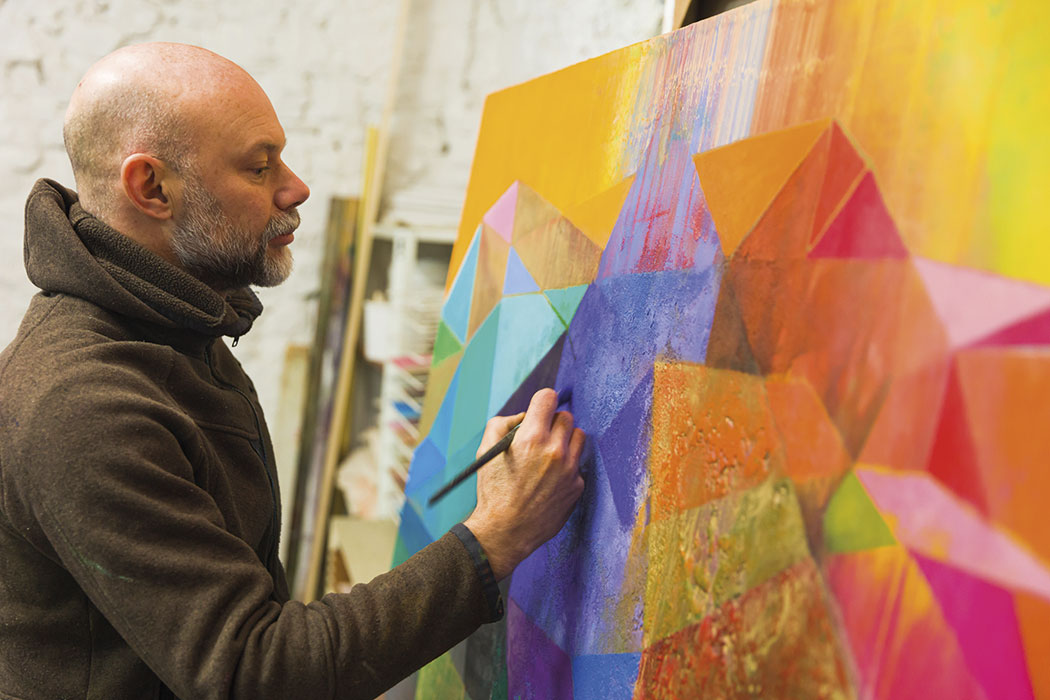In a world where the analogue is routinely discarded, Aoife Shanahan’s explorations invite us to look more closely and more intensely at the image, writes Stephanie McBride

In a world where the analogue is routinely discarded, Aoife Shanahan’s explorations invite us to look more closely and more intensely at the image, writes Stephanie McBride
From its earliest days, photography was considered as ‘fixing a shadow‚’ and in 1839 Henry Fox Talbot confirmed a chemical means of capturing ‘the most transitory of all things, a shadow‚’. ‘Within the Shadows‚’ is the work of Dublin-based artist Aoife Shanahan and is both a celebration of the medium’s early alchemy and an entry into a seductive modern universe of light and shadow. The series consists of images shot around city streets, but the artist’s terse, generic titles, such as Glint, give no clue to specific locations (although readers may recognise the stage doors and brickwork of the Peacock Theatre in Illuminate . This lack of place names gives the impression of an anonymous, timeless city; the absence of geographical anchors also invites viewers to focus more on the composition, formal aesthetics and materiality of the medium
To read this article in full, subscribe or buy this edition of the Irish Arts Review
From its earliest days, photography was considered as ‘fixing a shadow’ and in 1839 Henry Fox Talbot confirmed a chemical means of capturing ‘the most transitory of all things, a shadow’. ‘Within the Shadows’ is the work of Dublin-based artist Aoife Shanahan and is both a celebration of the medium’s early alchemy and an entry into a seductive modern universe of light and shadow. The series consists of images shot around city streets, but the artist’s terse, generic titles, such as Glint (Fig 8), give no clue to specific locations (although readers may recognise the stage doors and brickwork of the Peacock Theatre in Illuminate – Fig 5). This lack of place names gives the impression of an anonymous, timeless city; the absence of geographical anchors also invites viewers to focus more on the composition, formal aesthetics and materiality of the medium.


The legacy of stained-glass artist Helen Moloney is in the vibrancy of her colours and her use of coloured glass and lead lines in an abstract manner, writes Bart Felle

Tom Climent’s recent paintings appear to edge more and more away from pure abstraction, writes Mark Ewart

Margo Banks is so instinctively attuned to her subject that her energetic approach and her subject matter are inseparable, writes Isabella Evangelisti